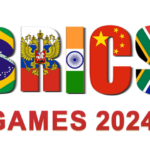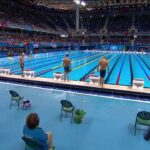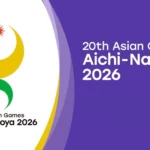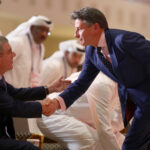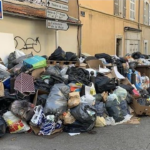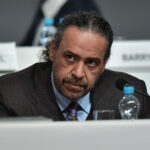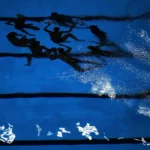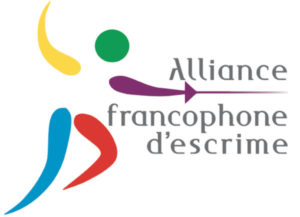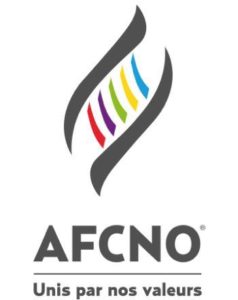President of the organizing committee for Euro 2016 football in France
Jacques Lambert
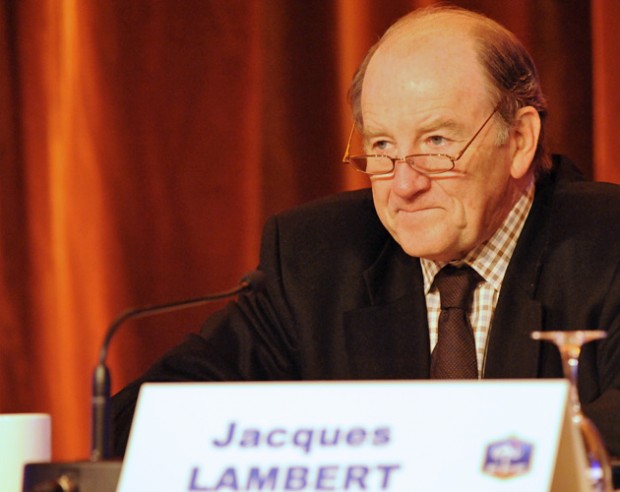
“The money spent on the Euro will give French sport modern equipment again”
FrancsJeux : With just under four years until Euro 2016, do you already have an idea of the impact that this event could have in economic terms?
Jacques Lambert: No. And, to be completely honest, I don't wonder. It is not certain that we are seeking to measure this impact on the French economy. We did not do it for the Football World Cup in 1998. Measurements are rare. And often unreliable. To my knowledge, the only serious study carried out in France concerned the Rugby World Cup in 2017. According to its results, the contribution of the event to the French economy amounted to 457 million euros. The only figures that matter today in my eyes, for Euro 2016 football, prove to be very objective: 10 cities, 51 matches, 1 month of competition, 2,5 million spectators, including 1 million foreigners. .
In terms of investment, what does this continental event “weigh”?
The construction and renovation of the stadiums where the matches will be played is expected to cost around 1,5 billion euros. In times of crisis, this sum can seem exorbitant, even indecent. Some will see it as an expense. In my eyes, it is above all an investment, in the short term and for the future of French sport. This money will not only be spent on a month of football in June 2016, but will also give modern equipment to French football, and more broadly to sport. Since 1945, only three stadiums with 30 seats or more have been built in France: the Parc des Princes in Paris, the Beaujoire in Nantes, the Stade de France in Saint-Denis. By 000, we will have built four: the Stade des Lumières in Lyon, the Grand Stade in Lille, the Bordeaux-Atlantique stadium and the Allianz Riviera in Nice.
What role will private companies play in financing the competition?
A major role. But their participation in the event must evolve. Gone, I believe, are the days when companies limited their involvement to a sponsorship role. They must build, with the State and communities, France's sporting project. They must be associated very early with the event, and no longer just make their financial contribution in exchange for the presence of their logo. Communities need them throughout the organizational process.




